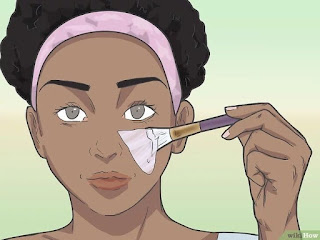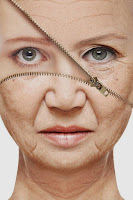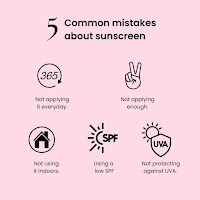
The Dark Side of Skin Bleaching: Understanding the Risks
Skin bleaching, also known as skin lightening, has become a popular practice worldwide. Many people use skin-bleaching products to achieve a lighter skin tone, believing it to be more desirable or associated with higher social status. However, it's crucial to understand that skin bleaching comes with a range of potential side effects and health risks.
What is Skin Bleaching?
Skin bleaching involves the use of creams, lotions, or other products to lighten the skin by reducing the production of melanin, the pigment responsible for skin color. These products often contain ingredients like hydroquinone, corticosteroids, and mercury, which can have harmful effects on the skin and overall health.

Side Effects of Skin Bleaching
The side effects of skin bleaching can range from mild to severe and can include:
- Skin Irritation: Skin bleaching products can cause dryness, redness, itching, and burning sensations.
- Thinning of the Skin: Prolonged use can lead to skin thinning, making it more susceptible to injury and infection.
- Skin Discoloration: In some cases, skin bleaching can lead to uneven skin tone, dark spots, or a permanent grayish-blue discoloration.
- Skin Sensitivity: Bleaching can make the skin more sensitive to sunlight, increasing the risk of sunburn and skin cancer.
- Allergic Reactions: Some people may experience allergic reactions to the ingredients in skin-bleaching products, leading to rashes, hives, or difficulty breathing.
- Kidney Damage: Long-term use of mercury-containing skin-bleaching products can lead to kidney damage.
- Neurological Problems: Exposure to mercury can also affect the nervous system, causing tremors, memory loss, and other neurological issues.

Healthier Alternatives
If you're unhappy with your skin tone, it's important to explore healthier alternatives to skin bleaching. Here are some tips:
- Embrace Your Natural Beauty: Remember that beauty comes in all shades. Embrace your natural skin tone and celebrate your unique features.
- Sun Protection: Protect your skin from the sun's harmful rays by using sunscreen with a broad-spectrum SPF of 30 or higher.
- Hydration: Keep your skin hydrated by drinking plenty of water and using a gentle moisturizer.
- Healthy Diet: A balanced diet rich in fruits, vegetables, and whole grains can help promote healthy skin.
- Consult a Dermatologist/Cosmetelogist: If you have concerns about your skin, consult a dermatologist for personalized advice.
Conclusion-
Skin bleaching is a risky practice that can have serious health consequences. It's important to prioritize your health and well-being and avoid using products that promise to lighten your skin. Instead, focus on healthy skincare practices and embrace your natural beauty.
Recent Articles

- Date: December 2, 2024
Defying Time: The Secret to Ageless Beauty

- Date: December 2, 2024
Sun, Skin, and SPF: A Love Triangle

- Date: December 2, 2024

